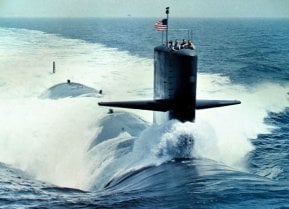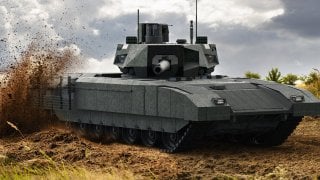Putin the Desperate: North Korean Troops are Ready to Fight in Ukraine War
In a dramatic escalation, 10,000 North Korean troops have reportedly joined Russia in the war against Ukraine, deployed initially to Kursk. This deployment could complicate Russia's command structure due to language barriers, differing tactics, and unfamiliarity with Russian equipment, potentially causing friendly fire risks.
What You Need to Know: In a dramatic escalation, 10,000 North Korean troops have reportedly joined Russia in the war against Ukraine, deployed initially to Kursk. This deployment could complicate Russia's command structure due to language barriers, differing tactics, and unfamiliarity with Russian equipment, potentially causing friendly fire risks.
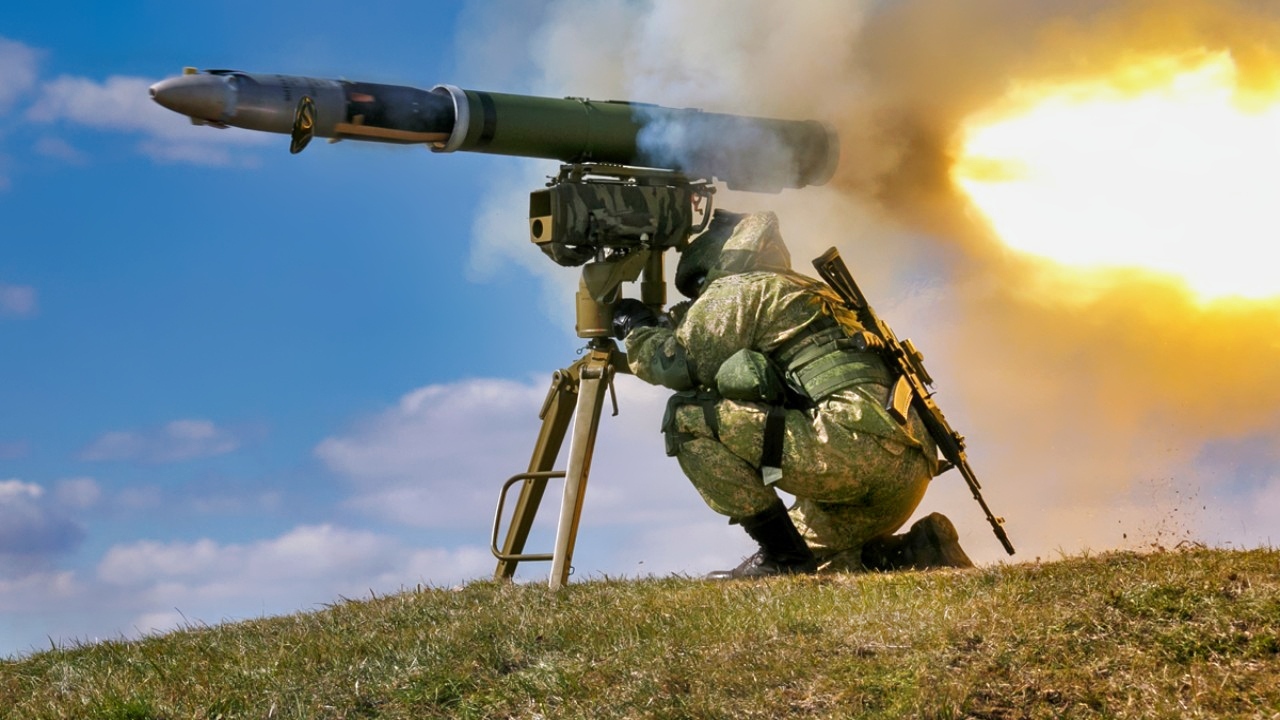
-North Korea’s involvement underscores the deepening Moscow-Pyongyang alliance, solidified by a mutual defense treaty, and reflects Russia’s need for munitions and manpower.
-The infusion of DPRK forces may prompt Ukraine’s Western allies to intensify support and expand permissible Ukrainian targets within Russian territory, potentially shifting the conflict into a more volatile phase.
North Korean Troops Now in Ukraine Conflict: What It Means for Russia
Thousands of North Korean troops are in Russian service in one of the most serious escalations of the Ukrainian conflict so far.
Almost 1,000 days since the large-scale Russian invasion, the war has escalated dangerously. But, the infusion of North Korean troops into the battlefield is bound to create problems for the Russian command and won’t necessarily enable an operational breakthrough.
North Korean Troops in Russian Service
“Around 10,000 Democratic People’s Republic of Korea (DPRK) combat troops are in Russia. It is almost certain some have already deployed to the Kursk region,” the British Military Intelligence assessed in its latest estimate of the conflict.
Given that Kursk Oblast is within Russia, it is much easier to legally defend the deployment of the North Korean troops. But it is almost certain that this deployment of 10,000 troops is only the beginning. The Kremlin did the same with convicted criminals. The Russian government initially gave the green light to the infamous Wagner Group private military company to recruit a small number of convicts as mercenaries to fight in Ukraine. And when it saw that there wasn’t a major backlash, it literally emptied its vast prisons and unleashed murderers and rapists onto the battlefield.
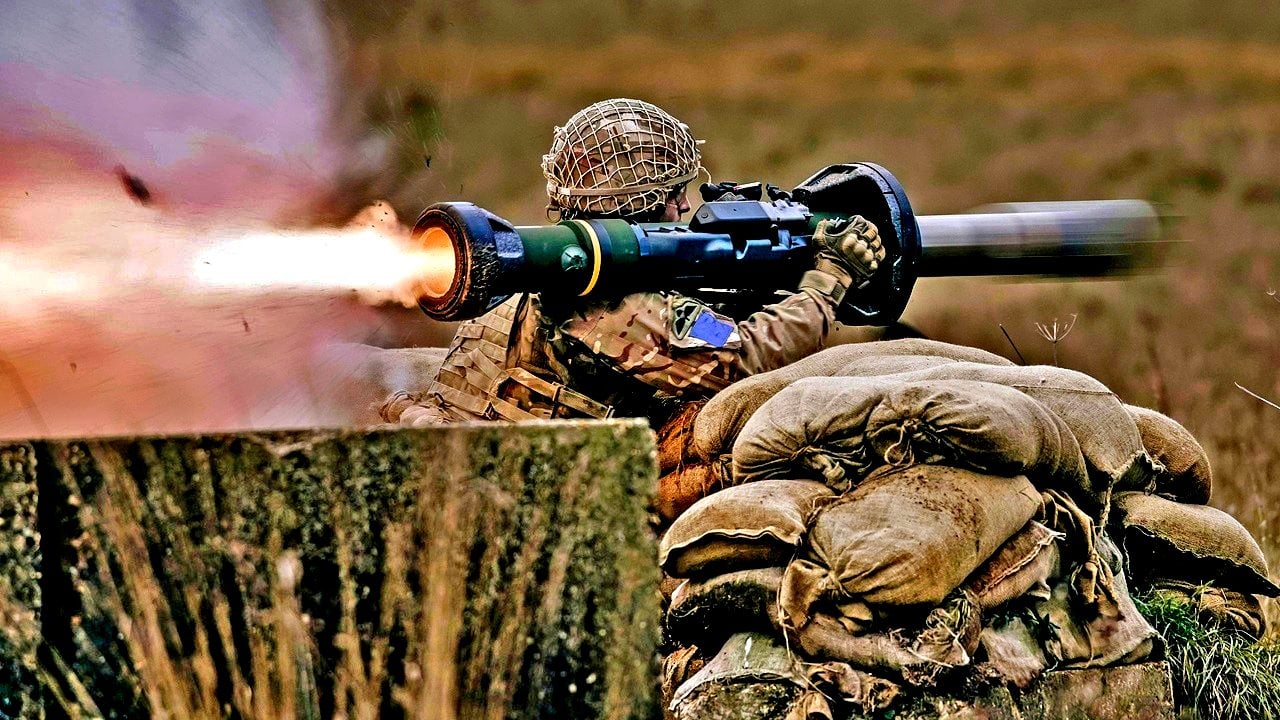
“Russia and DPRK have committed to deepening their bilateral partnership with the Comprehensive Strategic Partnership Treaty, which includes a mutual defense clause, and was ratified by the Russian State Duma on 24 October 2024,” the British Military Intelligence stated.
Moscow and Pyongyang have been working together for months now. The Russian military isn’t performing well in the war, and Moscow has also been running out of key munitions. North Korea has stepped in, providing Russia with artillery rounds and armored vehicles.
“For Russia, DPRK’s military support to their war in Ukraine has highly likely been the core driver for the partnership and has until now, centred around North Korea’s provision of arms. In return, DPRK has received high-level international support from Russia and has secured a trading partner willing to break sanctions,” the British Military Intelligence added.
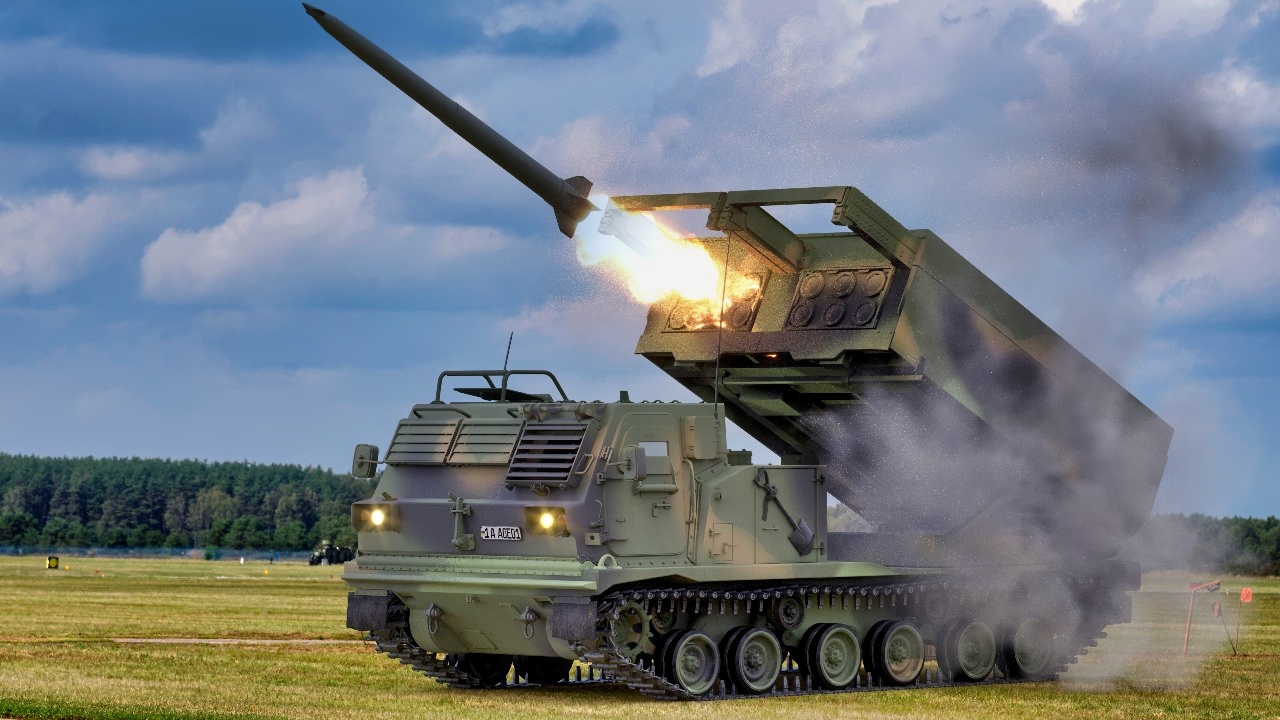
But the situation isn’t as easy as one might think. You can’t drop 10,000 North Koreans in the middle of a battlefield and have them work under a Russian command. Besides the obvious language barrier, the two military forces have different tactics and procedures. Without proper communication between the different elements, it is easy to have friendly fire incidents.
“Russian and DPRK forces would almost certainly experience interoperability difficulties having not previously carried out joint military exercises,” the British Military Intelligence assessed.
“DPRK troops conducting combat operations would almost certainly have issues operating Russian equipment, integrating into Russia’s command and control structure, and working around the language barrier with Russian forces,” the British Military Intelligence concluded.
One thing is certain: the Ukrainian conflict has entered a new phase. Ukraine’s Western partners are now more likely to give more weapon systems to Ukraine and also allow the use of certain munitions against targets within Russia.
About the Author
Stavros Atlamazoglou is a seasoned defense journalist specializing in special operations and a Hellenic Army veteran (national service with the 575th Marine Battalion and Army HQ). He holds a BA from Johns Hopkins University and an MA from the Johns Hopkins School of Advanced International Studies (SAIS). His work has been featured in Business Insider, Sandboxx, and SOFREP.
Image Credit: Creative Commons and Shutterstock.
